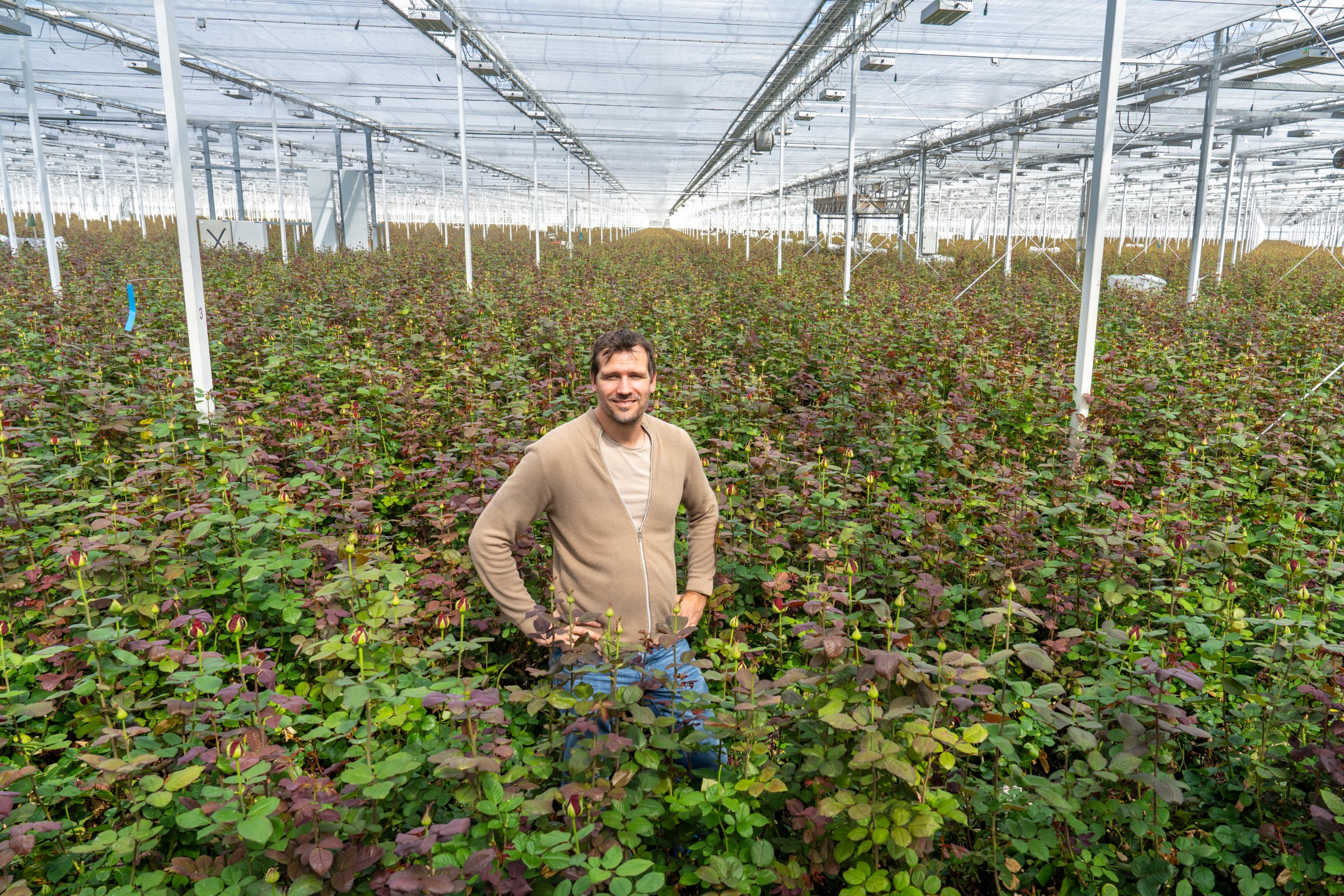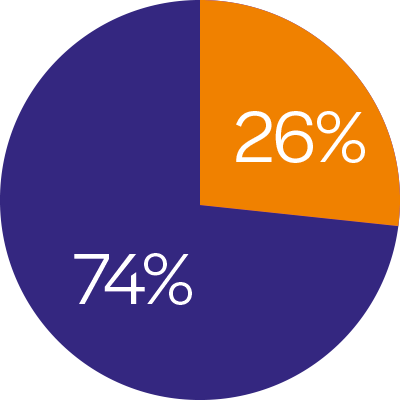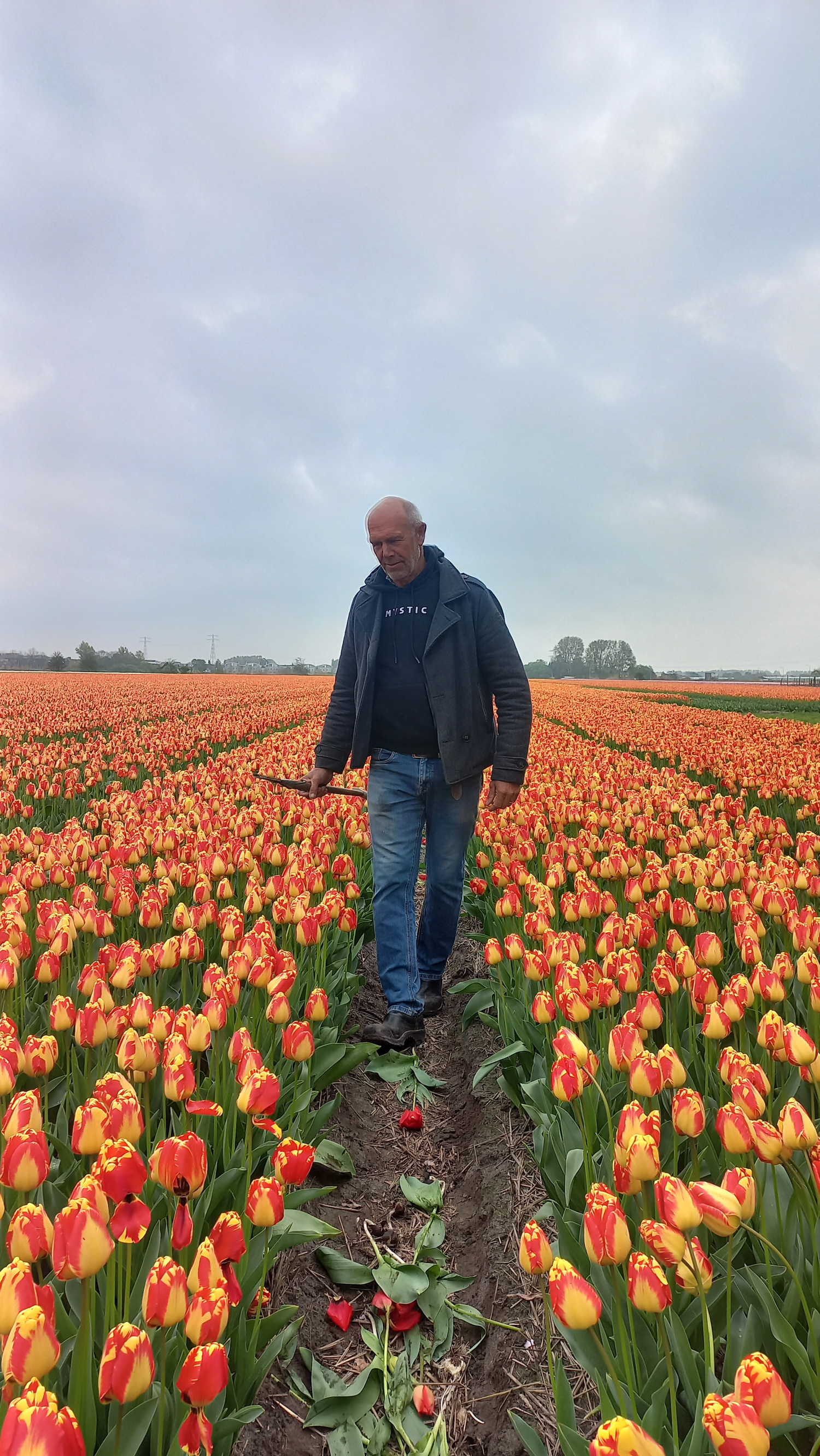Bart van Kester loves the dynamics of the grower's trade. He is energised by internationalisation, innovation and sustainability, and by moving with and responding to the market. He now puts that energy into Qualily, a lily farm with five locations.
"I grew up among chrysanthemums. In fact, my father and uncle had a chrysanthemum nursery in Kwintsheul. I knew at a young age that I wanted to go into floriculture. However, I wasn't yet sure whether taking over the business was right for me. Things used to be more monotonous: working very hard in the garden to ensure the lowest possible production costs and the highest possible prices pn the clock. Meanwhile, the world has changed. So about five years ago, I became co-owner of the family nursery. After several years, my father and uncle indicated that they wanted to step back. However, given the recent developments in our industry, I couldn't see the point in doing it alone. Therefore, I started looking for the right cooperation partner with the help of a consultant. That's how we eventually got in touch with Ruud and Raymond, owners of Qualily who were looking for a location to centralise their LA crop. Following some productive discussions, we agreed to collaborate in lily farming. Our garden in Kwintsheul became part of Qualily as a result.
Saying goodbye to the crop my family grew for many years and joining another company may sound like a bold, exciting development. Nevertheless, it was an investment in the future that I had to make. Quality was like a moving train, with everyone focused on their own responsibilities for running the business. Exactly the dynamic I love. This is where I can grow, and where my colleagues and I can focus on what matters to us.
And of course: it takes some getting used to. Getting used to a new product, and a wide range of varieties year-round. Getting used to each other, as companions. I did not know Ruud or Ramon, and our ages differ. We are getting to know each other better and better. This is how we will ensure that Qualily grows steadily in the coming years. More lilies, but with the same high quality and good service that our customers have come to expect from us. So for me, investing in the future also means doing what feels right, based on what I learned over the past few years. Even if our path might not be a common one."
.jpg)


.jpg)
.jpg)









.jpg)